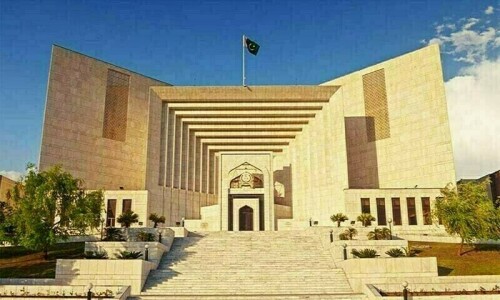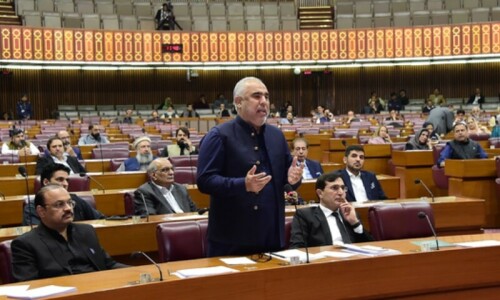
Nations and communities view the past from various angles. Sometime it fascinates and inspires them while at other times it may be depressing and humiliating. There are cases where the past of communities and groups is represented by outsiders and not by the people belonging to these groups. For instance, the past of the Dalits of India has been reconstructed either by the higher castes or by foreign travellers, who visited India during the ancient and mediaeval periods. Dalits have played no role in documentation of their history.
In the Dharamsastras, the rules and regulations for the castes determine the social and cultural status of Dalits. They were not allowed to reside in the cities, nor to play an active or positive role in the society. During the colonial period, they were granted some concessions which allowed a tiny percentage of the Dalits to get education and look at their past with new and different perspectives.
Since historical sources are the sum total of all evidence left behind by the past societies, to rewrite history, a different of set of sources are selected
This was the first time that the Dalits traced their history and the past, based on their present conditions in which they were living. Dalit intellectuals published poignant poems, short stories and essays on their social, political and economic situation in their magazine, Dalit Voices. They rejected a past which provided them nothing but humiliation and deprivation.
The conversion symbolised the rejection of a Hindu past, and their new religion gave them hope to find a future which could provide them respectability in the society.
Their leader, Dr Babasaheb Ambedkar who was educated in the UK and the US and was the first law minister of India after Independence, realised that the Dalits have no salvation within the Hindu religion. Therefore, he decided to convert to Buddhism along with a large number of his followers. The conversion symbolised the rejection of a Hindu past, and their new religion gave them hope to find a future which could provide them with respectability in society. Thus, we find that Dalits accepted their lowest status of the past, and did not resist or react against the exploitation of the higher casts. Their religion required them to be submissive and obedient, and to observe and follow the regulation of their caste without any challenge. In the modern day, they have changed the dimensions of the past with a new understanding, and want to get rid of the burden and carve a new life for themselves in the future.
Published in Dawn, Sunday Magazine, May 8th, 2016















































